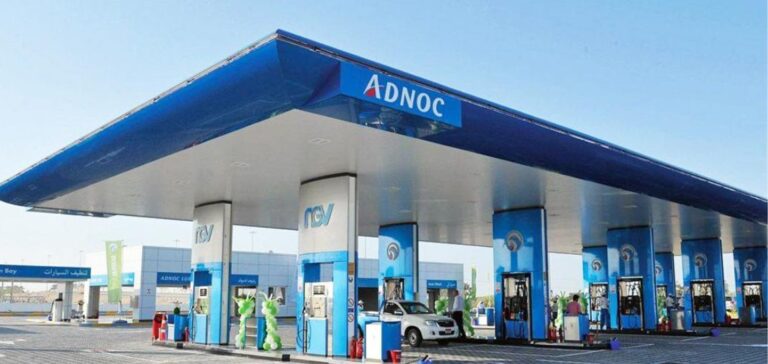Abu Dhabi National Oil Co (ADNOC) plans to acquire gas assets following its participation in a gas field in Azerbaijan. This move is part of ADNOC’s new strategy to invest in international gas projects. These projects cover different areas of the company’s business. These areas include trade in liquefied natural gas (LNG).
International Gas Investments
Following its first major investment in international gas, in the Absheron gas and condensate field in Azerbaijan, ADNOC intends to continue its expansion. Its aim is to expand further in the global LNG sector. Musabbeh al-Kaabi, ADNOC’s executive director of low-carbon solutions and international growth, said in an interview on August 15 that this expansion aims to generate high margins from these investments.
“We’re executing a strategy that complements our strengths,” says Kaabi. “Historically, we’ve been a major player in LNG, and there’s now expansion in Abu Dhabi. We’d like to complement that with a significant global position.”
Focus on LNG Trade
ADNOC, which currently has a production capacity of 6 million tonnes/year of LNG and is building two 4.8 million tonne/year facilities in the oil-rich Abu Dhabi region, has set up two sales subsidiaries: ADNOC Trading and ADNOC Global Trading. The aim is to capitalize on the high margins of LNG trading.
“If an LNG project meets our investment criteria, a strategic rationale and the ability to create more value by capitalizing on our strengths, including trading, we will consider it,” explains Kaabi.
Expanding the Gas Value Chain: Partnerships and Sustainable Investments
In the Caspian Sea region, ADNOC plans to invest across the gas value chain, leveraging its government links, partnerships with international oil companies and the strategic need to export gas from the CIS region to markets such as Turkey and Europe.
“This region (CIS) is becoming strategically important, particularly in the element of energy security, supplying certain regions with energy needs, and I think it meets the criteria and profile that ADNOC is aiming for,” explains Kaabi. “We mainly have a strategy to execute, and that strategy clearly states that we need to focus on gas and the gas value chain. So, whenever there’s an opportunity in an acceptable region and an acceptable risk profile, we’ll look at it.”
ADNOC acquires a 30% stake in the Absheron field in partnership with Socar, the Azeri state oil company, and TotalEnergies. The company aims to work with these partners to expand its activities in the region and worldwide.
Gas Expansion in Azerbaijan and the Mediterranean
The Absheron field started producing in July. It has a production capacity of 4 million cubic meters/day of gas and 12,000 barrels/day of condensate. The gas is then sold on the Azeri domestic market.
“We’re working with BP to close this deal (the NewMed agreement),” explains Kaabi. “It’s not just us. Many other international oil companies have an interest in this region (Eastern Mediterranean). There are rich and prolific natural gas resources in the region, but also a market, and more importantly… close to a key market like Europe.”
Azerbaijan aims to increase its exports, including Turkey and Georgia, to 24 billion cubic meters by 2023. In 2022, it exported 22.3 billion cubic meters of gas, including 11.4 billion to Europe via the Southern Gas Corridor. In addition to its interests in the CIS, ADNOC is aiming for a major presence in Eastern Mediterranean gas. He is bidding with BP to acquire 50% of NewMed Energy, a major shareholder in Israel’s offshore Leviathan field.
“I think if we just wear a technical hat, there’s a huge potential for synergies (in the Eastern Mediterranean),” explains Kaabi. “Egypt is in a strategic position to capitalize on its existing (LNG) facilities, they have the market, they have underutilized facilities, so naturally it’s an interesting place to consider when you look at the picture of the Eastern Mediterranean.”






















